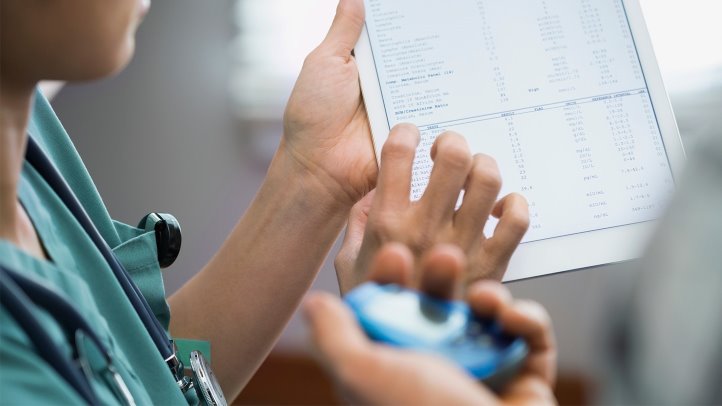Blood sugar is also known as glucose. The brain uses a lot of energy and needs a continuous supply of glucose to function. We know that whatever the food we eat, it gets converted into glucose. Consequently, the pancreas produces insulin in response. Today in this section, we will discuss low sugar or hypoglycemia and its causes.
What is Hypoglycemia?
Low blood sugar also called as Hypoglycemia. Hypoglycemia means low (hypo) glucose (gly) in the blood (emia). Hypoglycemia refers to an abnormally low level of sugar, or glucose, in the blood. In diabetics, levels of blood sugar are below 3.9 mmol/L (70mg/dL).
It is found that our body gets used to high blood glucose levels. Hence, the pancreas learns to anticipate high glucose. In response, it produces too much insulin which brings glucose levels down. In this scenario, we could feel dizzy, shaky and hungry. The body craves for more glucose.
A person with diabetes usually does not experience the early symptoms of hypoglycemia. The body responds to the hypoglycemia situation by releasing the glucagon and epinephrine hormones. This results in the release of stored glucose (Your liver will store sugar, or glucose, as glycogen for a later time when your body needs it) in the blood to tackle low sugar.
Your numbers might be different, so check with your health care provider to find out what level is too low for you. The precise level of glucose considered low enough to define hypoglycemia is dependent on 1. The measurement method 2. The age of the person 3. The presence or absence of effects and 4. The purpose of the definition.
Causes of Hypoglycemia
People with diabetes usually need to take medication. Taking too much medication, skipping meals, eating less than normal, or exercising more than usual can lead to low blood sugar for these individuals.
- Incorrect Insulin administration – The wrong dose, wrong time, without food.
2. Medication changes – Medicine changes, overdose.
3. Dietary changes – Delayed or missed meals. Less intake of carbs.
4. Physiological – Prolonged fasting or starvation, changes in activity levels.
5. Excessive alcohol consumption – It could block liver from releasing stored glucose.
6. Hormone deficiency – Lack of glucagon, epinephrine, cortisol, growth hormone, etc.
7. Critical Illness – Insulinoma, Hepatic, Renal, Cardiac Failure, Sepsis, and Gastric surgery.
Who is at more risk?
In patients with diabetes, uncontrolled blood glucose levels are closely associated with the development of diabetic complications. Moreover, strict glycemic control may increase the risk of hypoglycemia. Listed below are the risk factors for hypoglycemia.
- Age >65 years
- Longer duration of diabetes
- High insulin dose
- Use of several medications like sulfonylurea, Beta-blockers
- Renal Dysfunction
- Mental Health issues/Psychological diseases
- Erratic eating patterns
You should read the glucose-insulin homeostasis in diabetes
Sometimes people with diabetes don’t feel or recognize the symptoms of hypoglycemia, a problem called hypoglycemia unawareness. You may need to check your blood glucose more often. In our upcoming article, we will discuss hypoglycemia symptoms, prevention, and its treatments. Stay connected !! Stay Alert !!
Your heart beats faster
Your knees go weak
You start to sweat. Is this love?
No, you are probably hypoglycemic.
